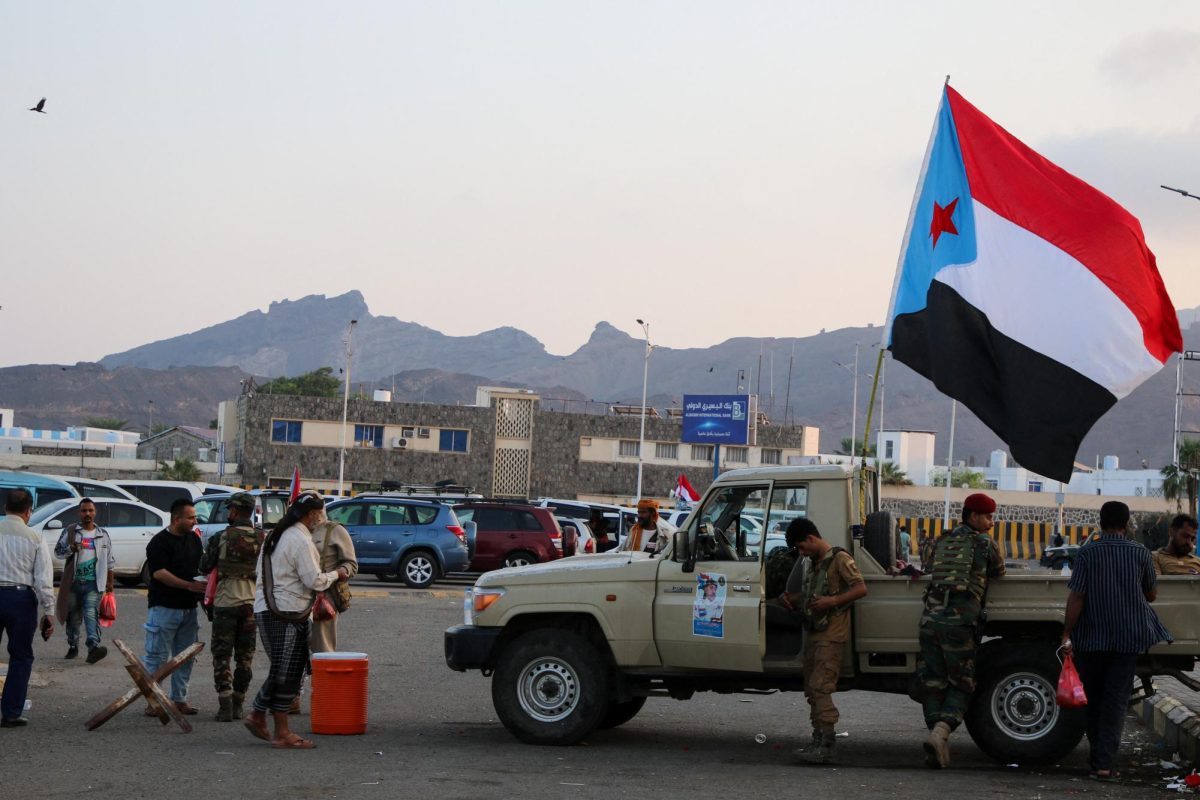The Syrian Civil War, which began in 2011, concluded on December 8th, 2024 when rebels took control of the city of Damascus and forced President Bashir al-Assad to flee the country. This allows Syria to begin the six-point plan outlined in the United Nations Final communique of the action group for Syria. Bashir al-Assad brutally suppressed peaceful protests, abused human rights, caused a humanitarian crisis that caused millions to flee Syria, and used censorship. The Assad family has ruled Syria since 1971, so new leadership is a huge transition for Syria.
Although the end of an oppressive dictatorship is extremely positive for Syrians, many difficulties may arise. Sam Wold, a history and social sciences teacher at Lake Forest Academy, stated, “There are different rebel groups that want different things. Some are more extremist groups and some are more moderate. In a lot of the countries where things like this have happened, groups have taken over that were even more restrictive.” All of these groups were unified while pushing Assad out, but it is unclear whether they will continue to work together in the future or begin to fight for control.
Assad left the infrastructure in Syria in shambles due to his lack of care for his people: “Under Assad, the prisons were horrific. Schools, roads, and public works will probably have to be redeveloped. And Syria has all these people taking the lead that don’t have experience doing that.” Wold said. Many Syrian refugees who left during Assad’s rule will be returning to Syria, which means there must be housing and infrastructure to support the new influx in the population. New leadership freed all prisoners, which included wrongly imprisoned political prisoners, as well as terrorists and murderers. This has negative implications for Syria as well as globally because these criminals are now walking free.
Many countries are invested in this development and have expressed their support for stability in Syria. EU Foreign Policy Chief Kaja Kallas shared, “The end of Assad’s dictatorship is a positive and long-awaited development. It also shows the weakness of Assad’s backers, Russia and Iran.” Russia and Iran, Assad’s main supporters, will no doubt be weakened by the end of Assad’s reign. It is unknown whether these companies will remain true to their promises to help, or whether it is simply an act of show.
The challenges ahead will make the journey difficult, prioritizing the need for peace and stability in Syria. However, the fall of Assad’s regime marks a monumental change in Syria’s history, bringing hope of peace and stability after decades of discrimination.







































